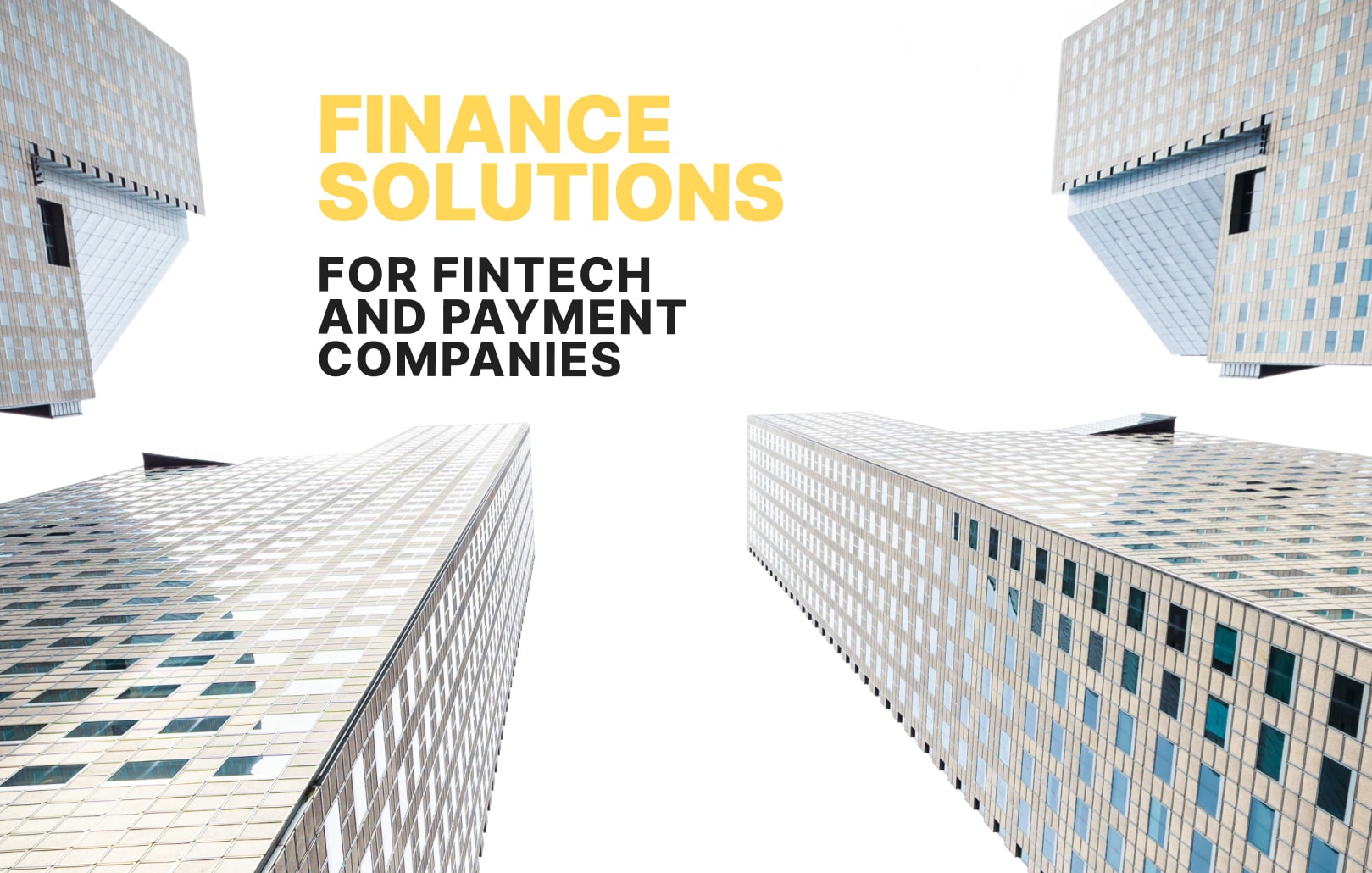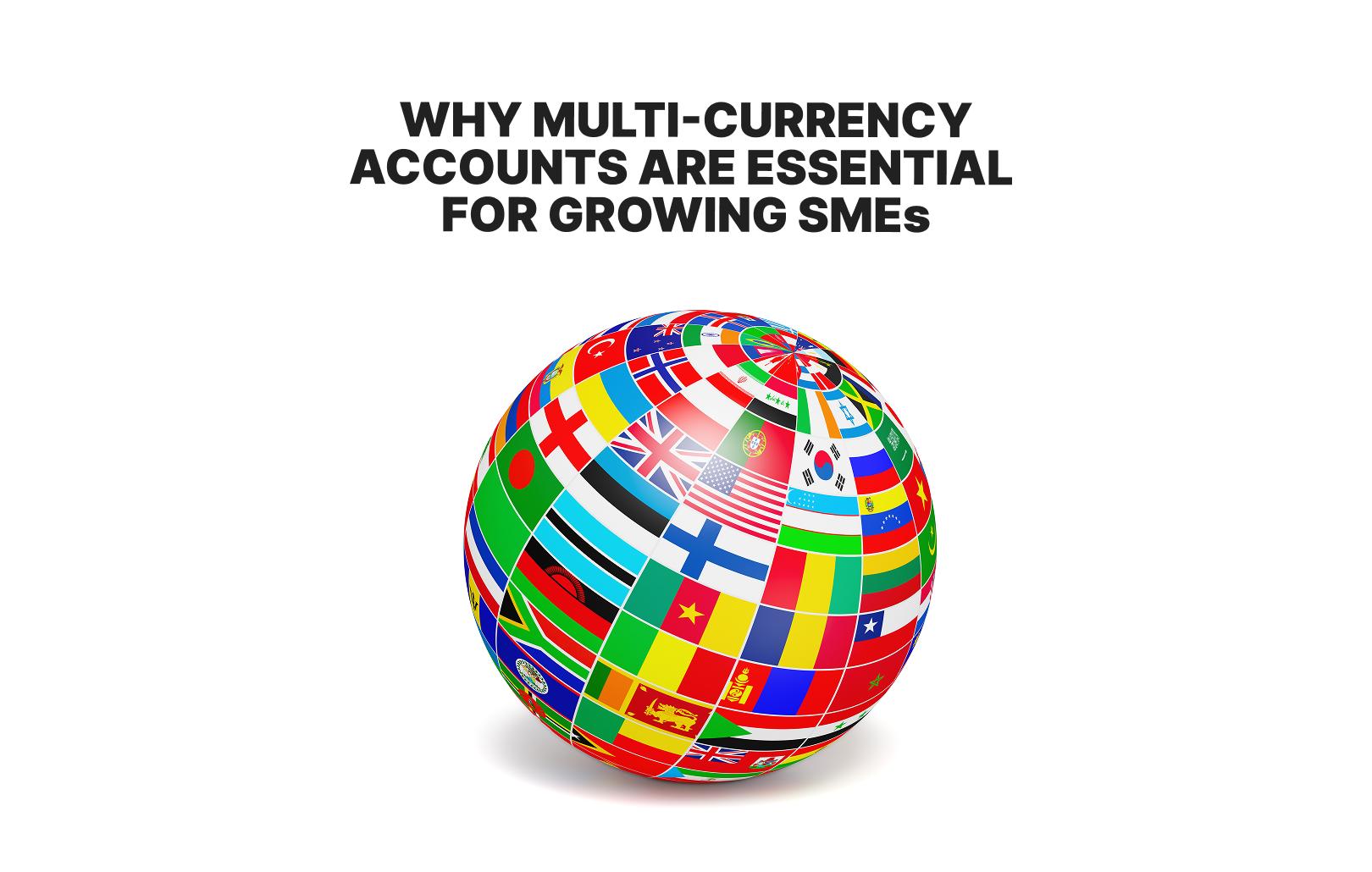Banking with Electronic Money Institutions: Definition, Pros and Cons

Electronic Money Institutions are companies that are licensed to provide financial services to third parties and store their funds on special segregated accounts. Being more agile and fast in their operations, EMIs are a great alternative to traditional banks. They allow opening an account quicker, with fewer documents and without the need to physically come to this institution. You can get an IBAN in just a few steps and be able to send and receive payments.
By the largest extent, the terms EMI and electronic money apply to companies and products that offer electronic money transfers, and all the infrastructure around them. PayPal, Apple Pay, Google Pay are all EMIs and they do emit their money by themselves in certain circumstances. Naturally, the licensing of such companies and products is required.
What are the Pros?
- Electronic Money Institutions are safe. Even though they are commercial bodies, they follow lots of governmental regulations and have all necessary functions for ensuring the customers’ financial security. EMIs will always keep your customers’ details private, take responsibility for the safety of your funds, and the transactions will be encrypted and safe.
- EMIs provide better compliance. While all financial service providers are heavily constrained by the law, this part of regulations is usually less strict with EMIs. It allows EMIs to introduce modern and progressive compliance procedures that will offer better protection from fraud with less paperwork.
- EMI is from the digital era. Their products are built for Internet people, by Internet people. Those who run these companies hold to the tempo of progress and offer possibilities that are required right now, in the most comfortable way.
- Electronic Money Institutions drive progress. They don’t spend millions on keeping branches and local offices, offline acquiring, useless sponsorships or advertisement. Even having somewhat limited resources they fight for new customers by innovation. If you think of all the new online payment features, introduced over the last decade, which sounded fantastic before, chances are, they were invented and developed by smaller EMIs, rather than large financial institutions.
- EMIs are flexible. Instead of imposing own, often far from ideal, solutions, EMIs adopt all possible options and provide their customers with choice. Whereas financial institutions often work with card payments and wire transfers, EMIs can easily have dozens of payment options, that may be better for their clients.
What are the Cons?
There are two main disadvantages of EMIs in comparison to financial institutions.
Firstly, it’s restrictions. EMIs in their majority are smaller companies that can bear limited liability. Thus, the governments are restricting the maximum number of transactions per day and their size for each client of EMIs. However, for the majority of cases, these restrictions are still way ahead of real needs.
Secondly, the payment system differentiation. It is a pro by itself, especially for your business’ customers, but for the business itself, it may be disadvantageous. If clients use all the different payment options, you can be left with fractions of your funds hanging around in different places, and gathering them all together where you want them may require tons of transactions and some considerable commissions.
Conclusion
Electronic Money Institutions can’t step into the game for giant enterprises just yet, but for smaller businesses that cover people’s everyday needs, they seem to be a great choice. New EMIs, such as SatchelPay, provide businesses with the latest payment processing technology, industry-level security, and comfort of management, better, than any financial institutions, with competitive commissions. The innovative nature of such institutions suggests that the products they are offering will only improve, and their customers will be more and more successful.






